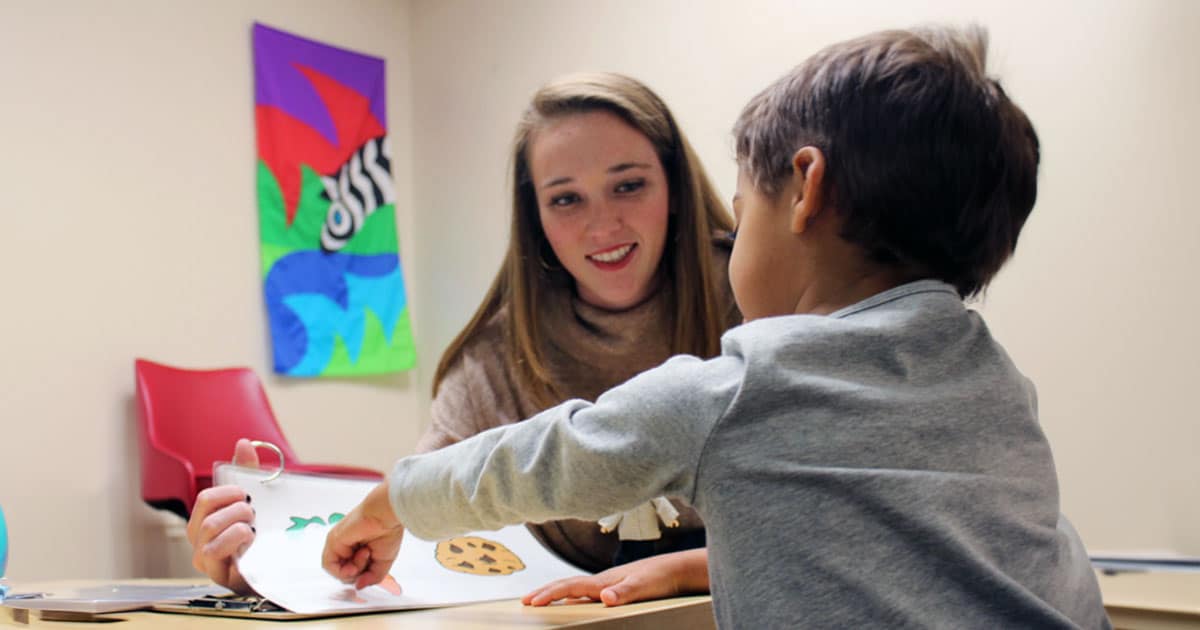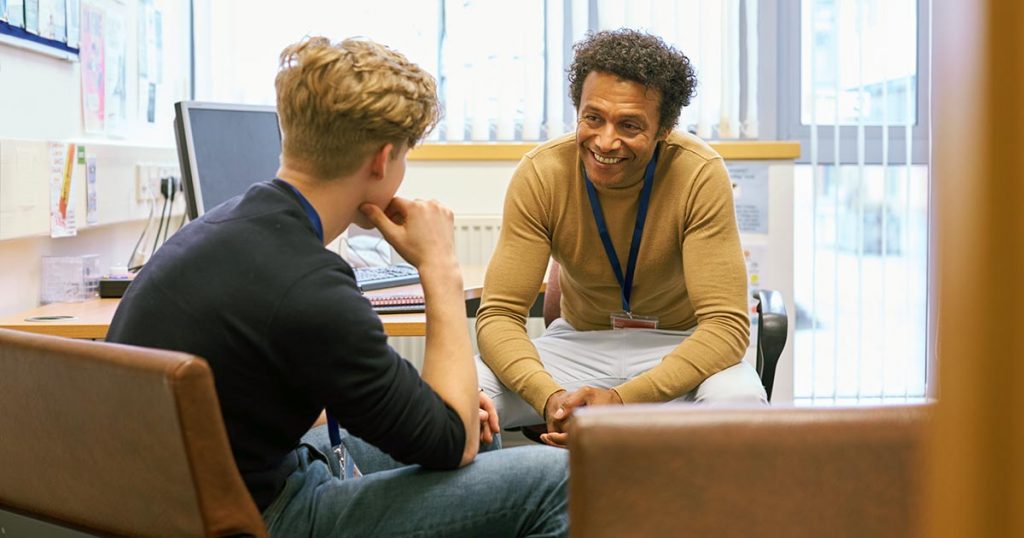Explore what educational and developmental psychologists do in Australia.

Overview
Educational and developmental psychology is one of nine practice areas defined by the Psychology Board of Australia. Practitioners use psychology to support learning, emotional well-being, and development. They address learning difficulties, behavioural issues, and emotional and social development across all ages.
Educational and developmental psychologists assess, diagnose, and address learning and behavioural issues. The goal is to overcome educational barriers, boost academic and social skills, and enhance emotional well-being. Work includes collaboration with professionals, families, and schools. Areas of contribution include research, policy making, and direct services.
What Is this Type of Psychology?
Educational and developmental psychology centres on applying psychological principles to enhance learning, development, and well-being.
Psychologists in this space assess, diagnose, and treat learning, behavioural, and developmental issues. They work with individuals, families, schools, and professionals to apply evidence-based interventions.
Key challenges include learning disabilities, social and emotional problems, behavioural difficulties, and supporting life stage transitions. For example, they might develop strategies to assist with dyslexia, manage ADHD in classroom settings, or provide guidance for career changes in adulthood.
Comparison with Related Fields
To explain what educational and developmental psychology is, let's compare it to other disciplines:
- School psychology narrowly focuses on student support within schools. It targets learning, behaviour, and emotional well-being through specific school-based interventions.
- Child psychology studies psychological development from infancy to adolescence. It explores developmental milestones and cognitive growth but doesn't emphasise educational contexts.
- Adolescent psychology concentrates on teenagers' psychological challenges and development. It has a narrower scope, focusing only on adolescent years.
- Clinical child and adolescent psychology deals with diagnosing and treating mental health issues in young people. It merges clinical practices with developmental insights, focusing on therapeutic interventions for mental health.
In Australia, Educational and Developmental Psychology is a recognised area for endorsement by the PsyBA. It covers learning and developmental support across all ages. Unlike related fields, it uniquely combines educational interventions with developmental psychology across the lifespan.
Related: Child Psychologist
Role of these Psychologists

Educational and developmental psychologists assess, diagnose, and intervene in learning and behavioural issues. They use psychological tests to identify needs and apply evidence-based strategies to aid development.
Their work targets children, adolescents, adults, and older adults facing educational and developmental challenges. For example, they may help a child with dyslexia improve reading skills, guide teenagers in career choices, assist adults with workplace stress, or support older adults in memory enhancement.
Common employers in Australia are schools, universities, healthcare settings, private practices, and government agencies. They employ psychologists to provide educational support, develop policies, conduct research, and deliver therapeutic services. Psychologists also work in specialised clinics for learning disabilities, mental health, and community services.
Related: 12 Types of Psychologists in Australia
Become an Educational and Development Psychologist

- To become an educational and developmental psychologist in Australia, start with a 3-year psychology bachelor degree. For those with a different undergraduate degree, a Graduate Diploma in Psychological Science is an alternative.
- Complete a 1-year honours degree or Graduate Diploma in Psychology (Advanced). This step leads to provisional registration.
- Next, undertake a 2-year master's degree specialising in educational and developmental psychology. This program covers assessment and intervention strategies, developmental theories, and educational practices.
- Complete 2 years of supervised practice in a relevant work setting.
- Finally, achieve registration with the Psychology Board of Australia. With your specialised education and experience, you can seek an endorsement in Educational and Developmental Psychology.
Related: Psychology Board – Guidelines on Area of Practice Endorsements